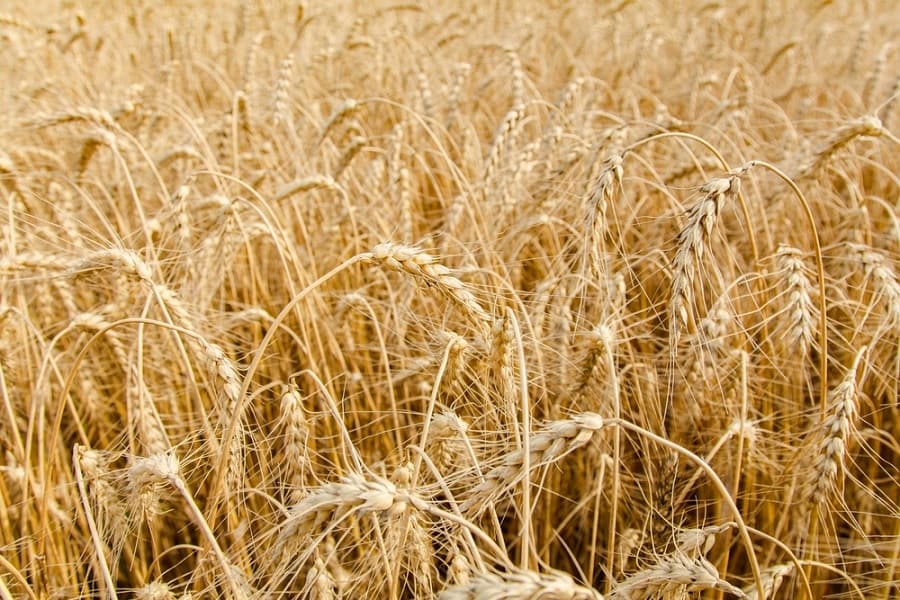Most of us are familiar with “genetically modified organisms”, or “GMOs” for short. These plants and animals have had their natural genetic material (DNA) changed through modern biotechnology methods to give them specific desirable qualities.
Genetically modified foods (GMO foods) refers to plants and animals intended for consumption whose DNA has been altered or that were produced from GMOs.
The genetic modification of food improves yield by making plants resistant to certain diseases and increasing their tolerance to certain herbicides. This helps to keep costs down for consumers and enhances food availability.
However, many people take an anti-GM stance due to environmental and safety concerns. If this sounds like you, you’re in the right place!
Here we look at how to avoid GMO foods in the UK so you can steer clear of these unnatural and genetically altered food sources.
How Can GMOs Be Avoided in the UK?
As approved GMO foods are legal in the United Kingdom, several products on supermarket shelves either contain or have been fed using GMOs. Therefore, anyone against genetic modification must know how to avoid GMO foods.
Below are some ways to help cut these foods from your diet:
1. Avoid common GMO food types

Genetically modified foods are available in the United Kingdom and on the shelves of British supermarkets. However, the GMO food must be authorised under Regulation 1829/2003 on Genetically Modified Food and Feed to be permitted in the country legally.
The Food Standards Agency only approve GMO foods that pose no risk to human health and have no lesser nutritional value than their non-GMO counterpart.
Obtaining approval is time-consuming, so GM foods are not common in the United Kingdom. There are no fresh GM fruit or vegetables in the UK, so you can eat these without worry.
The biggest sources of GMO foods are cooking oils, premade sauces, and biscuits. It is relatively easy to avoid these foods or find GM-free alternatives.
The biggest thing to watch out for is meat, eggs, and milk from animals fed GMO maize and soybean. Animal feed is the main use for UK genetically modified crops. Although these foods don’t contain GMOs directly, some modified genetic material can make its way into the food you eat.
2. Check product packaging
In the United Kingdom, it is a legal requirement for food packaging to clearly state on its label if it either:
- Contains or consists of genetically modified organisms; or
- Contains ingredients produced from GMOs.
Therefore, a great way to avoid GM foods is by checking the product packaging and eliminating any foods labelled as GMO.
Nevertheless, foods produced indirectly with GMOs do not legally have to be labelled.
Examples include cheese made using GM enzymes or meat, milk, or eggs from animals fed GMO feed. These foods do not contain GMOs as ingredients, so this does not need to be written on the packaging.
3. Purchase organic food
According to an article from the Daily Express, many British supermarkets sell GM-fed meat and dairy products. This includes Morrisons, Waitrose, and Sainsbury’s.
The rise of GM-fed meat on the shelves of UK supermarkets came after the non-GM pledge was dropped in 2013. Today, most UK supermarkets cannot guarantee that GM feed is not used somewhere in the supply chain.
As labelling GM-fed meat and dairy is not a legal requirement, this makes it notoriously challenging to find out from where your food has come. But thankfully, there is one solution: go organic.
All organic meat, eggs, and milk are fed diets free from GMO material and a safe option for anyone wanting to eat all-natural products.
4. Eat locally grown food
Despite GMO foods being legal in the UK, farmers are prohibited from commercially growing GMO crops in the country.
Therefore, another great way to avoid GMO food is by eating locally produced food grown and harvested in the United Kingdom.
With that said, the UK government has relaxed its policies on GM crops following Brexit. Gene-edited (GE) crops can now be commercially grown in England (but not in Scotland, Ireland, or Wales).
These are subtly different from GMOs. Whereas GMOs often introduce new genetic material from other organisms, GE crops have their natural genetic material modified.
Nevertheless, you may wish to exclude GE crops from your diet. If you live in England, purchase your food from smaller farms rather than large industrial farms, as the latter is far more likely to grow genetically modified crops.
Alternatively, contact your local farmers and ask about their production techniques and the type of crops they’re growing.

Hannah is a freelance content writer passionate about natural health, mindfulness, and the environment. She shares her enthusiasm for a conscious lifestyle on Naturaler, inspiring others to take the steps towards a more natural and fulfilling life



